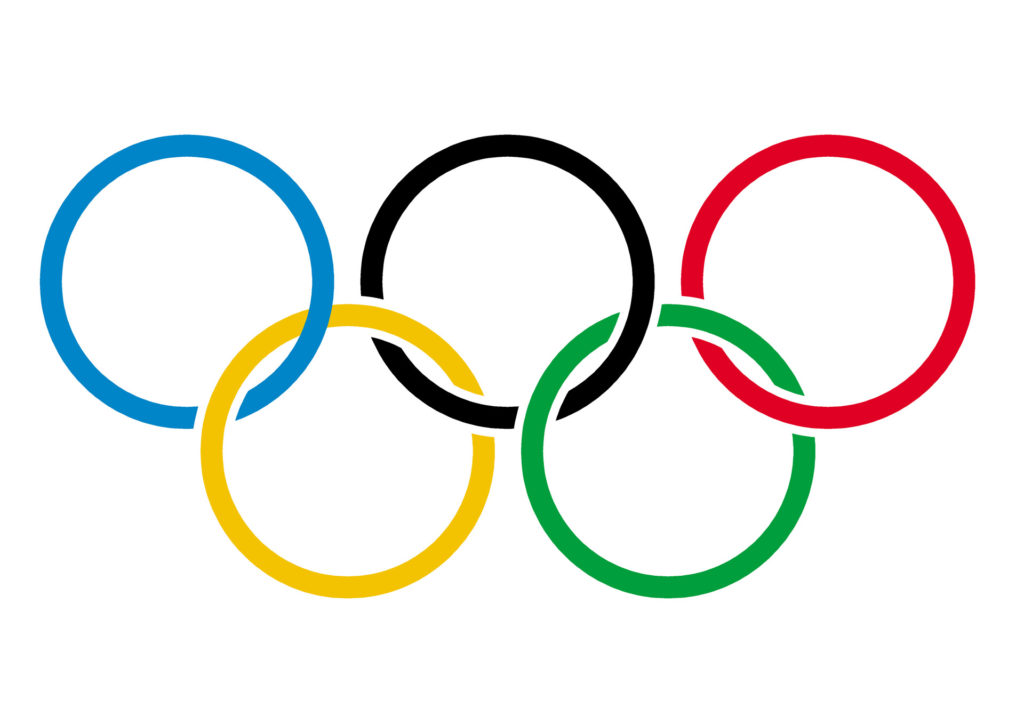Ever since I can even remember, I have enjoyed the Olympics. It doesn’t matter to me if it’s winter or summer Olympic Games, I will watch! I believe I enjoy watching so much because of the competition and the unity of all are watching. While I watched the Olympic Games, I realized that the Olympics are similar to having cerebral palsy.
A person with a disability is often seen as less in society. In some people’s eyes, the person sees them as somehow less simply because of having a challenge. That logic doesn’t make much sense to me because having a disability doesn’t mean you’re incapable. It simply means that they do something differently.
Even in 2018, people who have disabilities, such as cerebral palsy, are still discriminated against and seen as a lesser citizen. As a child, I learned that if I wanted to get ahead in life, I worked harder than average. Competition ruled much of my academic life. I feared my first time included into a “regular” classroom that even if I had a B average, I would be sent back into special education. I did my absolute best and received straight A’s. I carried this same philosophy most of my academic career. If I failed, I believed that my cerebral palsy would be immediately blamed. (And, most likely, I was right!)
Competition is a part of life for people who have disabilities especially throughout adulthood. As a mother, I learned that there are people who you don’t know or least expect waiting for you to make a mistake. They aren’t waiting because they want to help you or offer you support. No, they are waiting to see if the disability is impeding you from being a successful parent. Or, as an employee or in on a job interview, the person is often judged solely on what they cannot do.
Many people who have disabilities do not like to ask for any help. Some of us with disabilities will do a task knowing that it probably will take us three times longer to do ourselves before asking for assistance. The reason is that we learned early in our lives that by asking for help is a sign of weakness. Asking for help is a signal of incompetence, and unfortunately, incompetence means we lose independence and freedom.
Many adults who have disabilities struggle between not asking for help and when is the right time for asking assistance. We learn that our life is the Olympic Games that go well beyond every four years, but more like every day.
Competition is not always a bad. Like the Olympics, hard work and perseverance will usually pay off to great rewards. A job, a marriage, children or just gaining some independence that you never had before. But, every great athlete knows that there is a time to relax and ask for help to get yourself right back into the game.
